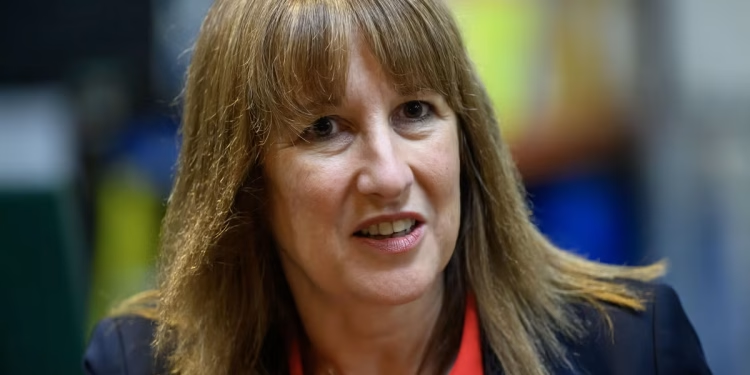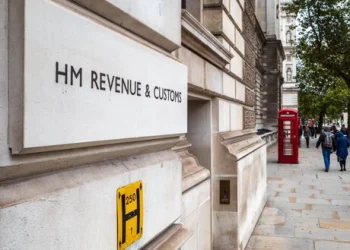Chancellor Rachel Reeves has hinted that her upcoming UK Budget will include tax increases, signaling a possible reversal of Labour’s election pledge not to raise income tax, VAT, or National Insurance. In a rare pre-Budget address outside Downing Street, Reeves said she was ready to make “necessary choices” to stabilize Britain’s finances after what she called years of economic mismanagement and global turbulence.
Facing Fiscal Realities and Public Pressure
While Reeves avoided confirming specific tax changes, she did not rule out breaking Labour’s no-tax-rise promise. Her remarks come amid mounting pressure from economists and the Office for Budget Responsibility (OBR) to address a widening £4 billion fiscal gap, down from the £9.9 billion headroom left after her last Budget.
The chancellor blamed weak productivity, post-Brexit economic strains, and global inflation for the fiscal shortfall. She also cited external factors like Donald Trump’s new tariffs as adding uncertainty to the economic outlook. “I will do what is necessary, not what is popular,” Reeves said, emphasizing that fairness and growth will remain central to her fiscal plan.
Calls for Income Tax Adjustment
Experts, including the Resolution Foundation, argue that avoiding hikes in VAT, National Insurance, or income tax “would do more harm than good.” Their proposal suggests raising the basic income tax rate while simultaneously cutting employee National Insurance by 2p, a move that could raise £6 billion overall without overly burdening workers.
The think tank also advised extending the personal tax threshold freeze beyond 2028, which could generate an additional £7.5 billion in revenue. These adjustments, it said, would signal fiscal responsibility to markets while reducing borrowing costs in the medium term.
A Balancing Act of Fairness and Stability
Reeves reaffirmed her “iron-clad” commitment to her fiscal rules: not borrowing for day-to-day spending and ensuring government debt falls as a share of national income. The chancellor said she aims to double fiscal headroom to £20 billion to protect the UK from future shocks, attract private investment, and rebuild confidence.
Critics, however, including Shadow Chancellor Mel Stride, warned that any tax increases would betray voters and damage trust. The Liberal Democrats called the upcoming budget “a bitter pill to swallow,” accusing the government of “running out of excuses.”
Reeves maintains that her “Budget for Growth with Fairness” will focus on restoring stability, reducing NHS waiting lists, and tackling the cost of living. But with economic forecasts worsening and public skepticism rising, her challenge will be convincing Britain that painful tax decisions are both fair and necessary.






